Inside COLAB’s Innovation Challenge: Turning Ideas Into Impact
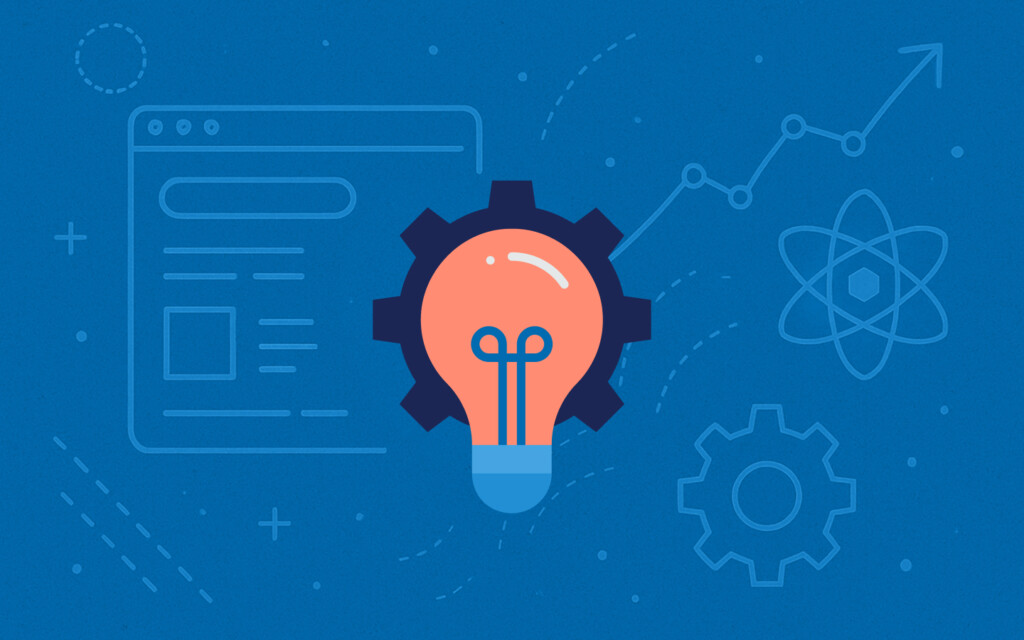
One of the most important roles of an agency partner (in our opinion) is to challenge organizations to think differently. Innovation and creativity don’t happen by accident. It requires a deliberate push to explore new ideas, question old habits, and approach problems from fresh angles. Agencies bring an outside perspective that helps organizations break free from familiar patterns and uncover opportunities they might overlook. By encouraging this, agencies help organizations stay competitive, adaptable, and forward-moving.
Our role in pushing clients is so important that creativity is one of our core values. While this may initially sound like a cliche, the nuance of our interpretation creates an important distinction. Our version of creativity is rejecting the status quo, embracing possibilities, and finding new solutions. By focusing on what’s possible and the opportunities, we constantly improve the value we can provide our clients.
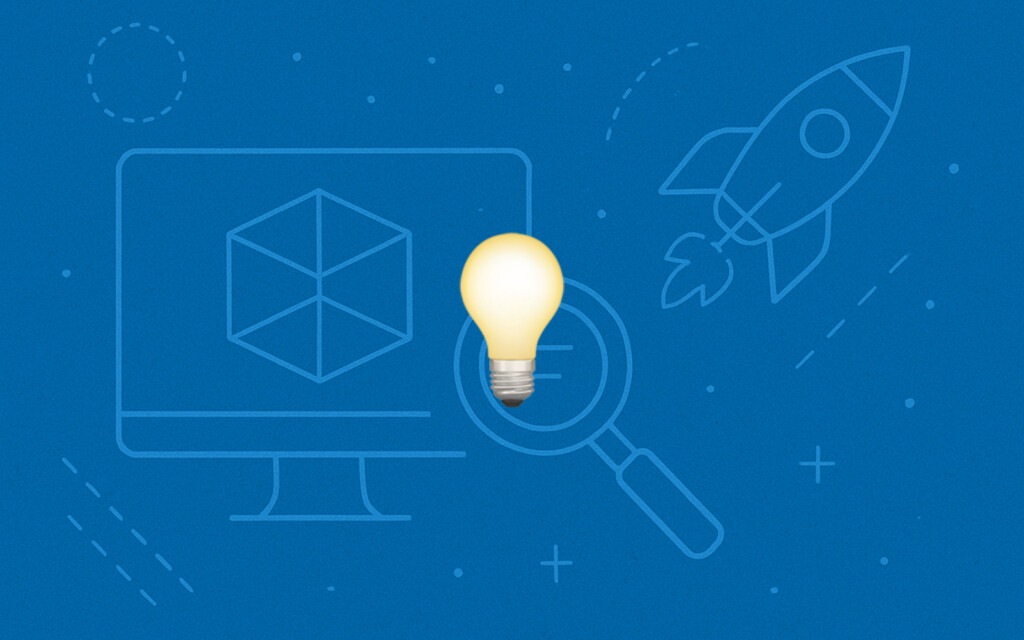
The COLAB Innovation Challenge
Part of our regular course of business is thinking through what would benefit our clients the most. Often, this is specific to a client account, but it can be hard to do while you’re “in” the work. Earlier this month, we kicked off an internal innovation challenge to encourage our team to step back from the work and consider the possibilities.
The challenge was designed to spark fresh thinking, push the boundaries of the day to day work, and uncover ideas that could benefit either COLAB and our clients. This initiative encouraged team members to pitch concepts in a range of areas from developing new tools to creating cultural initiatives to experimenting with new tech.
The goal of this? To tap into the creative power of our team while directing it to generate new outcomes. Whether it was an entirely new feature for a client’s website, jumping on a UX trend, or a smarter workflow for internal tasks, every idea carried the potential to elevate our collective impact. We gave the team a couple weeks to put together ideas for submission.
The Evaluation Process
Each submission was carefully reviewed by our leadership team, who assessed ideas using a set of key criteria:
- Creativity: How original and inventive was the submission?
- Impact: Would the idea lead to measurable improvements for COLAB or our clients?
- Feasibility: Could this idea realistically be executed with the resources and tools we have?
- Scalability: Is this a solution that could expand to a much larger group?
This framework ensured that while we were evaluating practical considerations, we also kept an eye out for original ideas that reflect the culture of curiosity we hope to nurture at COLAB.
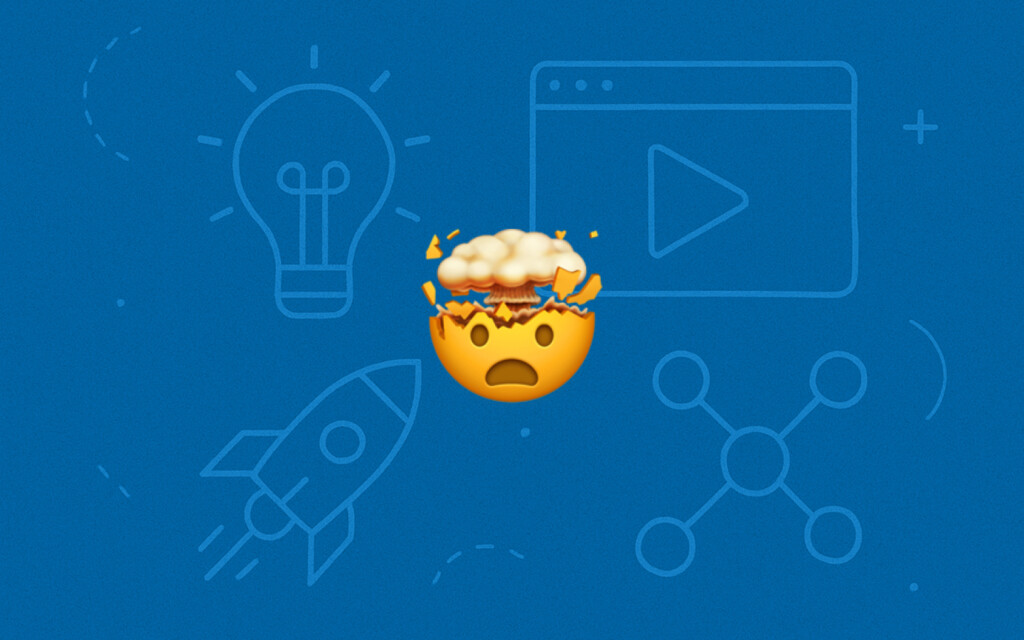
Too Good to Choose Just One Innovator
The level of creativity in the submissions blew us away. From minor tweaks with major potential to complete paradigm shifts, the diversity and quality of ideas made one thing clear: we couldn’t pick just one winner.
Instead, we celebrated one winner per category, reflecting the incredible range of ideas and solutions our team came up with. This felt true to our definition of creativity as the entries came in all shapes and sizes.
Spotlight On Our Winners
Here’s a glimpse at the stand-out ideas that earned top honors in our Innovation Challenge’s categories:

Creativity 👨🎨
Winner: Stephen
Stephen has been doing development work for a project centered around higher education. Through this work, he had been thinking through all the different ways that people translate from school to work.
Choosing a college often feels like a leap of faith, especially when students lack clear insights into post-graduation outcomes. His “Success Pathways” tool aims to change that by connecting students with real-world alumni career data. It offers an interactive experience where users can explore common career paths, job titles, industries, and salary ranges based on graduates from specific schools and majors. With features like career mapping, mentorship matching, and AI-powered recommendations, students can make smarter decisions about their education investment and better visualize their potential futures.
Built as a web or mobile application, “Success Pathways” would pull data from LinkedIn, university records, surveys, and public job datasets. An initial launch could start with a single school or major, with future growth driven by university partnerships, freemium models, and corporate sponsorships. Over time, the platform could expand to offer a comprehensive view of career trajectories nationwide, helping students, alumni, and employers alike create stronger connections and drive better career outcomes.

Impact 👊
Winner: Francis
Francis is one of our leaders of our AI practices and adoption. He understands the challenges and potential efficiencies from using AI. His entry promised increased efficiency and quality for client content creation.
Francis developed a proof of concept for a new ecosystem of WordPress plugins designed to streamline content creation using AI. The system centers around a core “Content Assistant” plugin, which can be expanded with different AI providers like OpenAI, Jasper, or others. Once set up, users can connect their API keys and choose from available AI models directly within WordPress. From there, writers can generate AI-powered content right inside the editor by feeding it prompts and URLs to source information, making the creation process faster and more integrated with real-world data.
While the current version focuses on inserting AI-generated copy into individual blocks, Francis envisions a future where the tool can recognize page patterns and help generate entire sections automatically. The plugin already uses WordPress’s built-in React framework for seamless integration, and although it requires a funded API key to fully function, the core architecture is ready. This concept opens the door for highly flexible, extensible AI content creation directly inside WordPress, tailored to how editors already work today.

Feasibility 🙌
Winner: Jason
Jason proposed a simple but powerful way to make it easier for people to choose art classes at the Visual Arts Center of Richmond. His idea is the “VisArts Match Maker” — a fun, 12-question quiz that helps users discover classes that fit their creative energy. Instead of sorting through overwhelming filters, users would get personalized recommendations that make enrollment feel more personal and less like a sales pitch. The quiz would encourage longer time on the site, drive more class sign-ups, and collect valuable insights for future marketing efforts.
Jason’s approach is also easy to implement. It would use existing site themes and plugins, integrating smoothly without requiring much extra work from the client. The Match Maker would appeal to both beginners and experienced artists by guiding them toward classes that fit their interests, reducing decision fatigue, and inspiring exploration of new artistic styles or mediums. It’s a simple upgrade that could create a noticeable boost in user engagement and enrollment with very little development time.

Scalability 🤙
Winner: Juan Juan
Juan Juan’s idea is to create an AI-powered brand voice assistant that ensures all COLAB content — blog posts, case studies, emails, presentations, and more — stays true to the company’s voice and tone. The assistant would automatically edit and standardize content, saving the team time and making brand consistency effortless. It could even adjust the tone based on the channel, offering a more formal voice for reports or a conversational style for blogs and social media.
The assistant would be trained using COLAB’s past content and style guides and could be built as a standalone tool or integrated directly into platforms like Notion, Figma, or Google Docs. Team members would easily run their drafts through the assistant before publishing, cutting editing time by an estimated 30%. In the long term, the tool would help COLAB maintain a stronger, more recognizable brand presence across all communications.
Honorable Mentions
There were many noteworthy ideas that caught our attention. Here are a few honorable mentions that stood out for their potential and creativity:
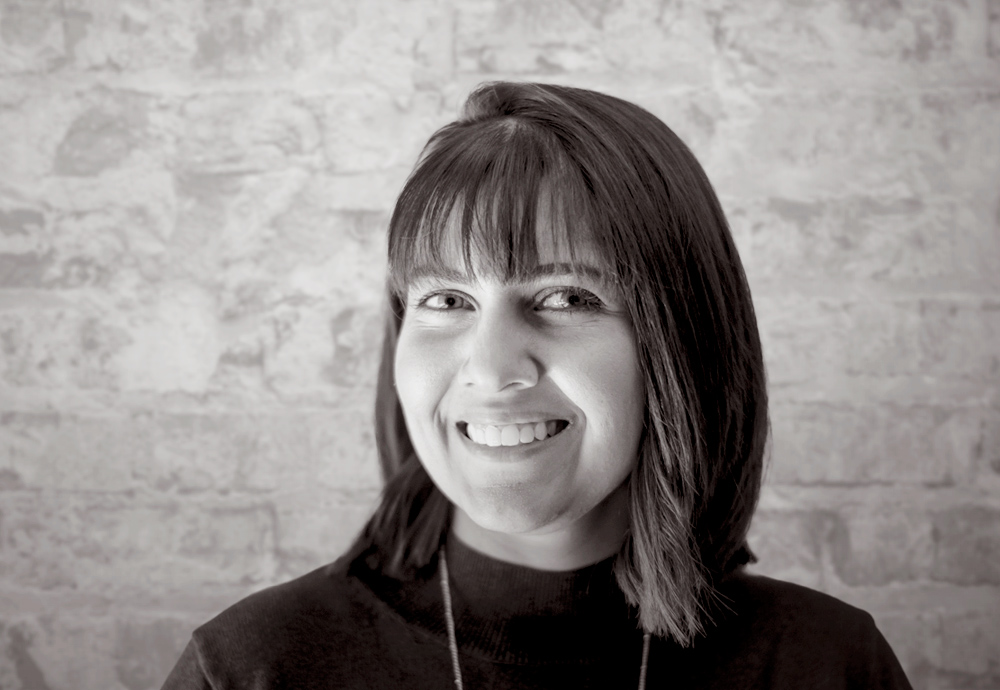
Ana true to form, proposed a client-facing app to enhance transparency and improve collaboration throughout project lifecycles including an application mock up! What an over-achiever!

Mike D. in tune to content pain points, pitched “ContentFlow,” an AI-driven SaaS platform for optimizing content strategies dynamically across CMS platforms.
Several contributors submitted concepts focused on gamification and fostering deeper client engagement.
These innovative ideas might not have claimed the top spots, but they’ve earned a lot of interest and deserve further exploration.
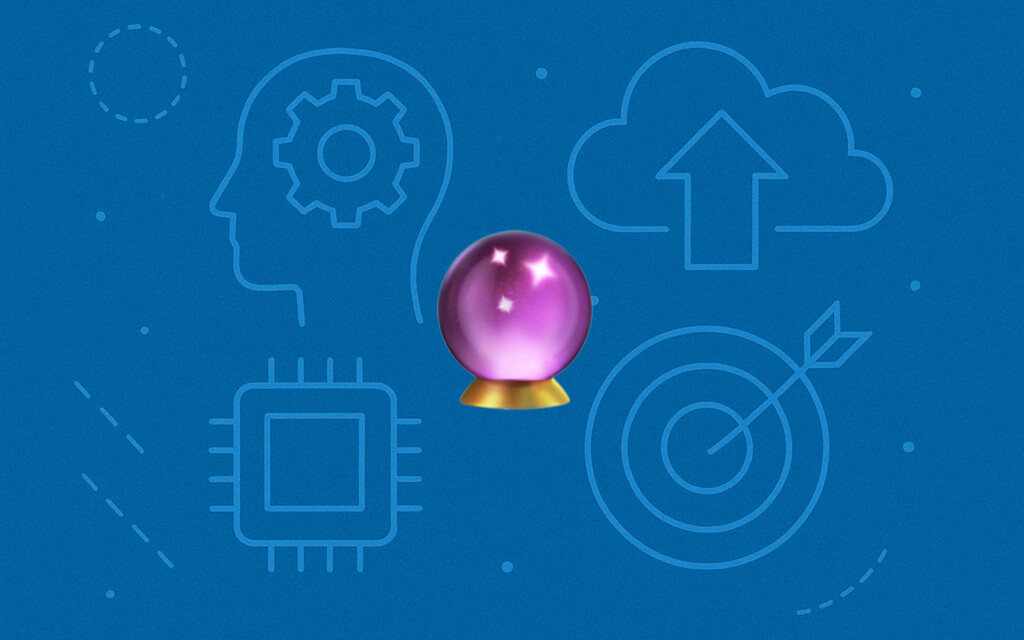
Looking Ahead
The Innovation Challenge may have ended, but the work has only just begun. What’s next?
- Implementation is already underway for several winning ideas, with priority given to those most aligned with our current needs and capabilities.
- Ongoing Collaboration will continue as we refine and expand these concepts, exploring how they can best benefit our clients and our team.
- Planning the Next Challenge is already in the works, as this initiative was such a hit that we’re considering making it an annual (or even quarterly) event.
Innovation isn’t a solo effort! It’s built on the courage to share ideas, the curiosity to explore new possibilities, and the collaboration to bring visions to life. Thank you to everyone who contributed their time, imagination, and talent to this challenge. Together, we’re shaping a more creative, impactful future—for us, for our clients, and for the digital experiences we’re passionate about.
Stay tuned for updates on how these ideas take shape, and if you’re a client (or future client!) who’s curious about how COLAB’s innovation could benefit you, don’t hesitate to reach out.
